Dhaka City Polls: Turnout under 20pc in one third of centres
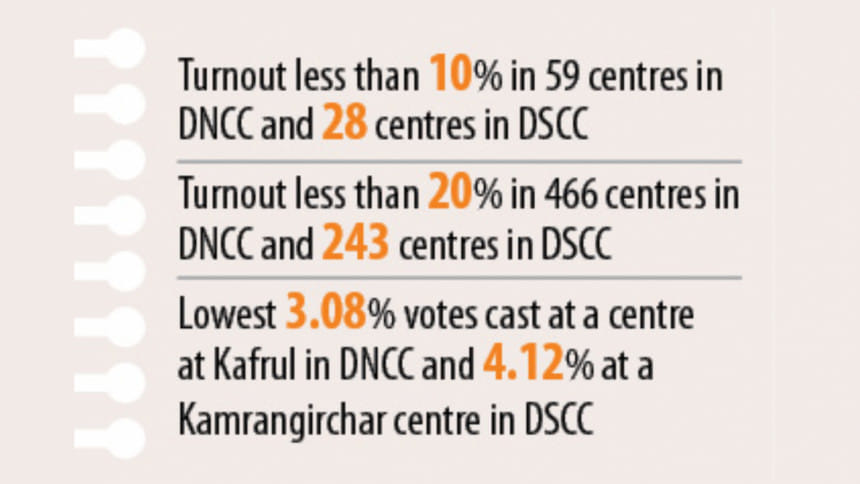
The turnout was less than 20 percent in 709 centres in the February 1 Dhaka city polls, shows Election Commission data on all the 2,468 centres released yesterday.
It also shows that the overall turnout in the Dhaka South City Corporation (DSCC) polls was 29 percent while it was 25.32 percent in the Dhaka North City Corporation (DNCC) elections.
Experts said such a low turnout was an ominous sign for democracy and it exposed several issues, including voters’ lack of confidence in the current EC’s ability to hold a free and fair election.
In the previous city polls in 2015, the number of centres with less than 20 percent turnout was 80, and 75 of them were in DNCC areas.
Centre-wise, the lowest turnout this year was at Shahid Police Smriti High School and College in Kafrul. It was 3.08 percent at the centre, which had 2,011 voters.
In DNCC areas, turnout was less than 10 percent at 59 centres.
The centre-wise lowest turnout in the DSCC polls was at Lily International School in Kamrangirchar. Only 4.12 percent of the voters cast votes there.
The data also shows that among the two BNP mayoral candidates, Tabith Awal won in more centres than Ishraque Hossain did. Awal won in 15.5 percent while Ishraque secured victory in 13.6 percent of the centres.
Both the BNP leaders, however, lost the mayor elections to their Awami League counterparts -- Atiqul Islam and Sheikh Fazle Noor Taposh.
During the city polls, The Daily Star correspondents visited more than 200 of the 2,468 centres.
At Adarsha High School in Mirpur, they saw only a trickle of voters coming in during the voting hours from 8:00am to 4:00pm.
Only three people voted in the first hour. The number reached 18 at 10:00am, 37 at 11:00am and 54 by noon. At 3:00pm, only 100 votes were cast at the centre.
The EC data showed the turnout at the centre was 7.18 percent.
AL leaders are also apparently not happy with the low presence of voters in the election.
While talking to reporters at the Secretariat on Tuesday, the party’s General Secretary Obaidul Quader, who is also the road transport and bridges minister, said voter apathy was not good for democracy.
“It’s a matter of concern for us … we had expected more votes in our favour. Considering the voters from the Awami League, the vote percentage was low,” he said.
Speaking on the issue, Badiul Alam Majumder, election expert and secretary of Shushashoner Jonno Nagorik (Shujon), said, “A democracy cannot be run based on the consent of only 10 or 15 percent of the people. Such a low turnout is a serious threat to the democratic system.”
The consequences of the election will be ominous, and everybody will have to shoulder the burden, he said, identifying four reasons for poor presence of voters.
“The common people had some reservations on the use of Electronic Voting Machines [EVMs] as it is a newly-introduced method,” he said.
But the bigger reason was that the people had a significant lack of confidence in the EC’s ability to hold a free and fair election, he said. “From previous experiences, they have reasons to believe that the election results are predetermined.”
There were also security threats to the physical well-being of voters, he said, adding, “There were ruling party goons both in and outside the voting centres, while the absence of polling agents from other parties was significant. It created an atmosphere of fear.”
He also said, ”Perhaps, the most important thing that deterred voters from going to the polling stations was the lack of guarantee that they would be able to cast their votes.
“Voters were afraid that polling agents would cast their votes on their behalf or they would be influenced to vote for a particular symbol.”
At a press conference at a hotel in Gulshan yesterday, Tabith Awal claimed the low turnout was related to the ruling party’s dominance over polling centres.
“Even before the elections, Awami League leaders had announced that they would be taking over the polling centres. On the election day, their goons were stationed outside the centres and they did not allow voters to enter polling booths,” he said.

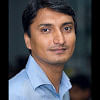
 For all latest news, follow The Daily Star's Google News channel.
For all latest news, follow The Daily Star's Google News channel. 

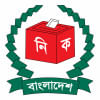
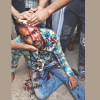
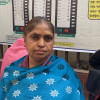
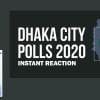
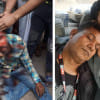


Comments